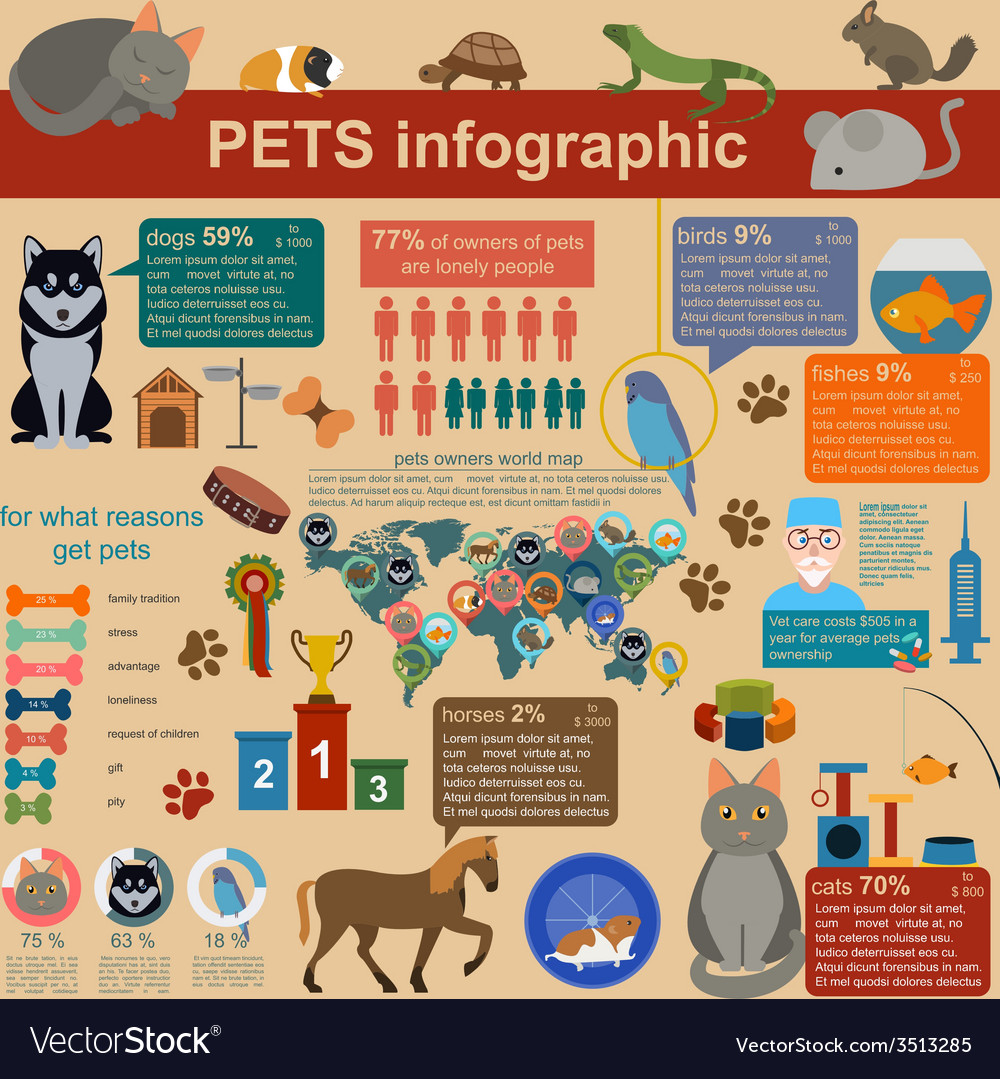Whether your canines hang around at day care or boarding facilities, they require to be up-to-date on every one of their required inoculations. Core injections include Bordetella, rabies and DA2PP, which guard against typical conditions that dogs are revealed to when in close contact with others.
Non-core vaccinations include canine flu and leptospirosis shots. These are advised for puppies that join various other canines often.
Core Vaccines
As an important part of preventative treatment, pet dog injections aid keep pets safe from infectious conditions transferred through direct call or contaminated surface areas. Vaccines boost the body immune system to create antibodies that combat disease, and many veterinarians consider core pet vaccinations to be necessary for all pet dogs.
Rabies
Most reputable canine childcare centers need that your pet be up to date on their rabies inoculation. Vaccinations are carried out to young puppies as early as 12-16 weeks old, and boosters are required every 3 years or two till the adult years. Rabies is a fatal viral disease that spreads with saliva, normally from bites. Most states need rabies inoculations for all dogs and pet cats, and some even mandate rabies boosters for family pet owners.
Distemper/Parvovirus/Adenovirus (DHPP).
This mix vaccine covers canine distemper, parvovirus, hepatitis, and adenovirus, every one of which are highly transmittable. Most veterinary workplaces offer DHPP injections as one shot or in a series of 2 to four shots, provided 2-4 weeks apart, followed by a yearly booster. This vaccine is a need for many boarding and doggy day care facilities, in addition to lots of groomers.
Bordetella/Canine Parainfluenza Injection.
Bordetella bronchiseptica, generally called kennel coughing, is a really transmittable respiratory system infection caused by the bacteria that causes the disease. Symptoms include persistent coughing, sneezing, nasal discharge, and fever. Most kennel cough outbreaks occur in crowded environments, such as daycare or boarding facilities, and are especially usual in warmer climate. This vaccination is a need for a lot of day care and boarding facilities, and is commonly used in a combination with the DHPP vaccine.
Leptospirosis Vaccine.
This is a bacterial illness that spreads via polluted water, dirt, and pee. Infection can create kidney and liver damage, as well as fatality, and is transmissible to humans. The majority of vets will certainly advise this vaccination, based upon geographic place and lifestyle of the pet, for pets that spend time outdoors or at boarding centers, as well as some groomers. This vaccination is typically carried out as a series of 2 to four shots, spaced 2-4 weeks apart, with a yearly booster required for a lot of pets.
Lyme Illness Vaccine.
One of the most usual tick-borne illness in the USA, Lyme disease is sent by the deer tick and can result in fever, joint discomfort, muscle pain, and loss of appetite. The Lyme illness vaccination secures versus the most widespread strains of the virus, consisting of the H3N8 and H3N2 strains. A lot of vet clinics suggest this vaccination, particularly in risky locations, such as the Northeast, upper Midwest, Mid-Atlantic, and along the Pacific coastline.
Noncore Vaccines.
Other canine vaccinations, while not needed for all family pets, are suggested based on the pet's way of life and boarder collie dog geographical location. These consist of the following:.
